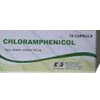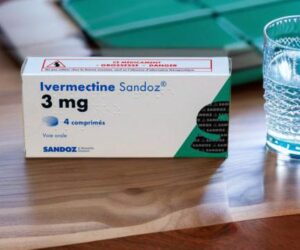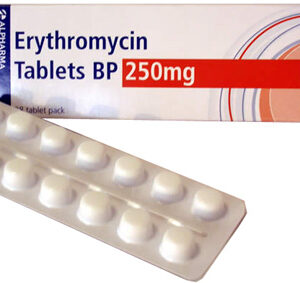Overview of Augmentin
Augmentin, a widely prescribed antibiotic, combines amoxicillin and clavulanate potassium to battle an array of bacterial infections. It is commonly deployed against infections in the lungs, skin, sinuses, and urinary tract, among others. The clavulanate ingredient in this duo counteracts bacterial resistance, making Augmentin a potent choice in the antibiotics arsenal.
Usage Recommendations
Physicians prescribe Augmentin for treating conditions such as pneumonia, bronchitis, otitis media, and infections of the skin or urinary system caused by bacteria. Moreover, it may be indicated for preventing infections in specific situations, although its employment should be guided by a healthcare provider to ensure appropriate use.
Interactions with Other Drugs
Drug interactions can alter the way medications work or increase the risk for serious side effects. Augmentin may interact with various substances such as anticoagulants, methotrexate, allopurinol, and probenecid, among others. It’s paramount to discuss your full medication list with your healthcare provider to mitigate the risk of adverse interactions.
Dosage Guidelines
Augmentin’s dosage varies by patient age, weight, kidney function, and the severity of the infection. It is typically taken every 8 or 12 hours, with a full glass of water to aid absorption. It’s crucial to adhere to your prescribed schedule to maintain a consistent level of medication in the bloodstream.
Administering Augmentin
Augmentin can be consumed with or without food. However, taking it with food may alleviate gastrointestinal distress, a frequent side effect. Complete the full prescribed course even if symptoms subside early. Ceasing the medication prematurely may result in a resurgence of the infection.
Common Side Effects
While Augmentin is generally well-tolerated, some may experience side effects such as nausea, vomiting, diarrhea, or mild skin rash. In most cases, these responses are transient. However, if they persist or worsen, consult with your healthcare professional.
Monitoring Precautions
Before initiating Augmentin, it is essential to communicate any medical history linked to liver disease, jaundice, or kidney impairment. Augmentin could exacerbate existing conditions. Moreover, monitor for signs of an allergic reaction, such as hives, difficulty breathing, or facial swelling, and seek immediate medical attention if these occur.
Contraindications
Individuals with a history of severe hypersensitivity to penicillin or cephalosporin antibiotics should avoid Augmentin. The presence of certain medical conditions like liver dysfunction or mononucleosis may also contraindicate its use. Health providers will weigh benefits against potential risks before prescribing.
Heed the Warnings
Augmentin therapy may yield Clostridium difficile-associated diarrhea, characterized by persistent or severe diarrhea. If you suspect this, it is imperative to contact your physician instantly without resorting to anti-diarrhea or opioid medications unless instructed otherwise.
Implications During Pregnancy
While Augmentin might be safe during pregnancy, it should only be used when clearly necessary. It falls under Category B, indicating no proven risk to the fetus in animal studies. Nonetheless, always inform your healthcare provider if you are pregnant or plan to conceive during treatment.
Augmentin for Offsprings
For children, this medication is dosed according to weight and severity of the infection. Pediatricians may recommend a liquid suspension for ease of administration. The need for accurate dosage is crucial, hence measuring devices are recommended over household utensils.
Storing Augmentin
Store Augmentin tablets at room temperature away from moisture and heat. The liquid form should be refrigerated and disposed of after 10 days if not utilized. Keep all forms of medication out of children’s reach.
Handling Safely
When handling Augmentin, ensure hygiene to prevent contamination. If using the suspension, shake well prior to each use to ensure an even mixture of the medication. Accurately measure doses and closely follow expiration dates for both tablet and liquid formulations.
Comprehensive FAQs
Common inquiries about Augmentin involve its compatibility with alcohol, dietary restrictions, and its impact on contraceptive effectiveness. Moderate alcohol consumption does not typically trigger adverse reactions, but individual discretion is advised. No specific diet alterations are necessary, though probiotics may be beneficial. Additionally, Augmentin may decrease the efficacy of estrogen-containing oral contraceptives, thus alternate forms of birth control may be recommended during treatment.





Reviews
There are no reviews yet.